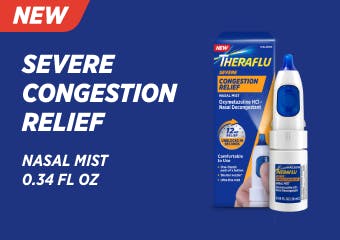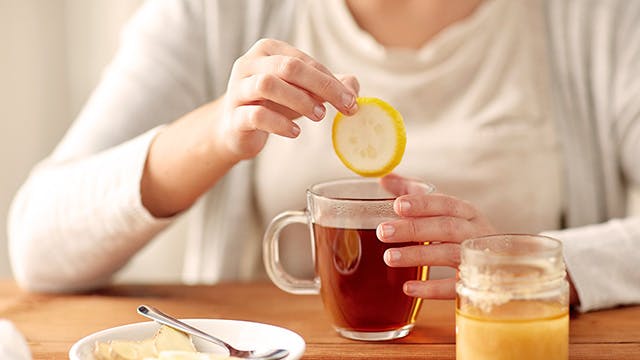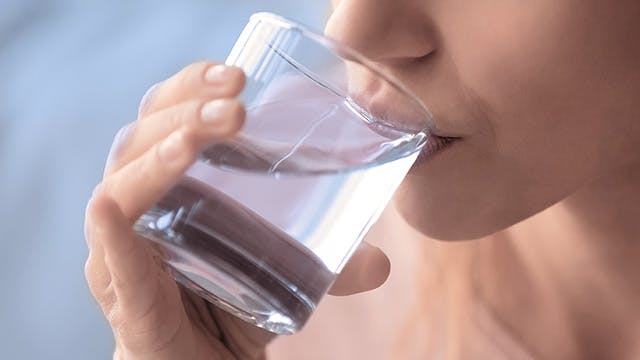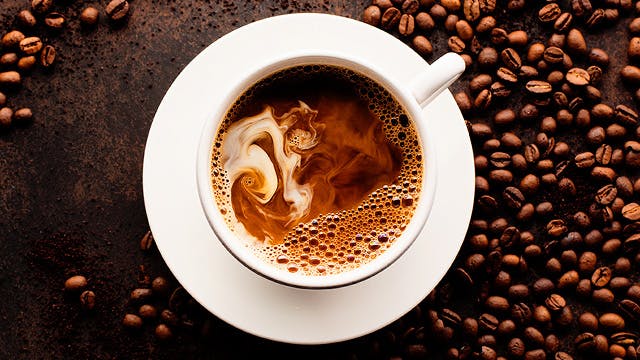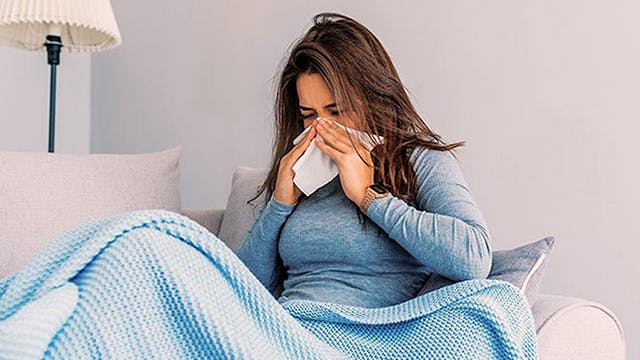Should you drink alcohol if you’re sick?
Catching a cold can make you feel pretty lousy. The coughing, sneezing, congestion, and other symptoms associated with being sick can make even the simplest of tasks feel exhausting. Making sure to get enough rest, remembering to drink enough water, and taking it easy for a bit are all things that can help you feel better. One thing that may not? Alcohol. “You should not drink alcohol when you have a cold,” says Dr. Robert Segal, Co-Founder of LabFinder. “Your immune system is already weakened when you are sick. Adding alcohol to that equation can only prolong the process of getting better.”
Keep reading to find out why drinking alcohol while sick can prolong and worsen your symptoms.
Prolongs sickness
Alcohol’s effect on your immune system is one reason to avoid drinking while sick. Drinking alcohol can weaken your body’s ability to fight off infection.1 A weakened immune system can make your body more susceptible to getting sick and slow down recovery.2
Another way that drinking alcohol while sick can prolong your recovery is by interrupting your sleep. Your body needs rest to recover from sickness.3 Getting enough sleep is important to feeling better, but drinking alcohol can impair your sleep in a number of ways.4 A glass of wine might help you fall asleep, but alcohol is disruptive to getting a good night’s rest. Alcohol disrupts REM sleep, the most restorative type of sleep, which can leave you feeling groggy in the morning.4 It also turns on a sleep pattern called alpha activity, which keeps your body from getting the deep sleep it needs.4 Not getting enough sleep can make your cold or flu symptoms worse while also prolonging the recovery process.
Makes your symptoms worse
Many common cold and flu symptoms are also symptoms of a hangover—a group of unpleasant signs and symptoms that can develop after drinking too much alcohol.5 Even drinking a moderate amount of alcohol can worsen these common cold and flu symptoms:5,6,7
- Headaches and body aches
- Nausea, vomiting, or stomach pain
- Fatigue and weakness
Alcohol can also cause dehydration. According to Dr. Segal, we risk becoming increasingly dehydrated when we consume alcohol, and “being dehydrated can make congestion worse.”
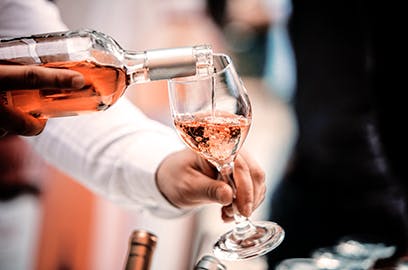
Alcohol can also cause dehydration. According to Dr. Segal, we risk becoming increasingly dehydrated when we consume alcohol, and “being dehydrated can make congestion worse.”
Interacts with cold medication
One of the most important things to keep in mind if you do decide to drink while you have a cold is the interaction alcohol may have with any cold medications you may be taking. “You have to be careful if you are taking medications,” says Dr. Segal. “Alcohol can interact with some over-the-counter and prescription medications. When these medications are combined with alcohol, it can be extra dangerous.”
These common cold medications can interact negatively with alcohol:
- Acetaminophen. The common pain reliever and fever reducer is found in many over-the-counter cold and flu medications. Because acetaminophen and alcohol are both metabolized in your liver, drinking while taking this medication can cause liver damage.8
- Chlorpheniramine maleate. This antihistamine relieves symptoms like sneezing, runny nose, and itchy eyes. Alcohol can worsen the side effects of this medications, such as drowsiness or nausea.9
- Pseudoephedrine. While this common nasal decongestant will help clear your sinuses, it can also negatively interact with alcohol. Drinking alcohol with this medication may cause difficulty sleeping and headaches.10,11
Next time you find yourself down and out from the common cold or flu, swap the alcoholic drink for a hydrating beverage that will help you feel better. Try a cup of Theraflu Hot Liquid Powder and feel the warm and soothing sensation on the back of your throat. . You’ll be doing something good for your body, and easing some of your toughest cold and flu symptoms while enjoying a relaxing beverage.

